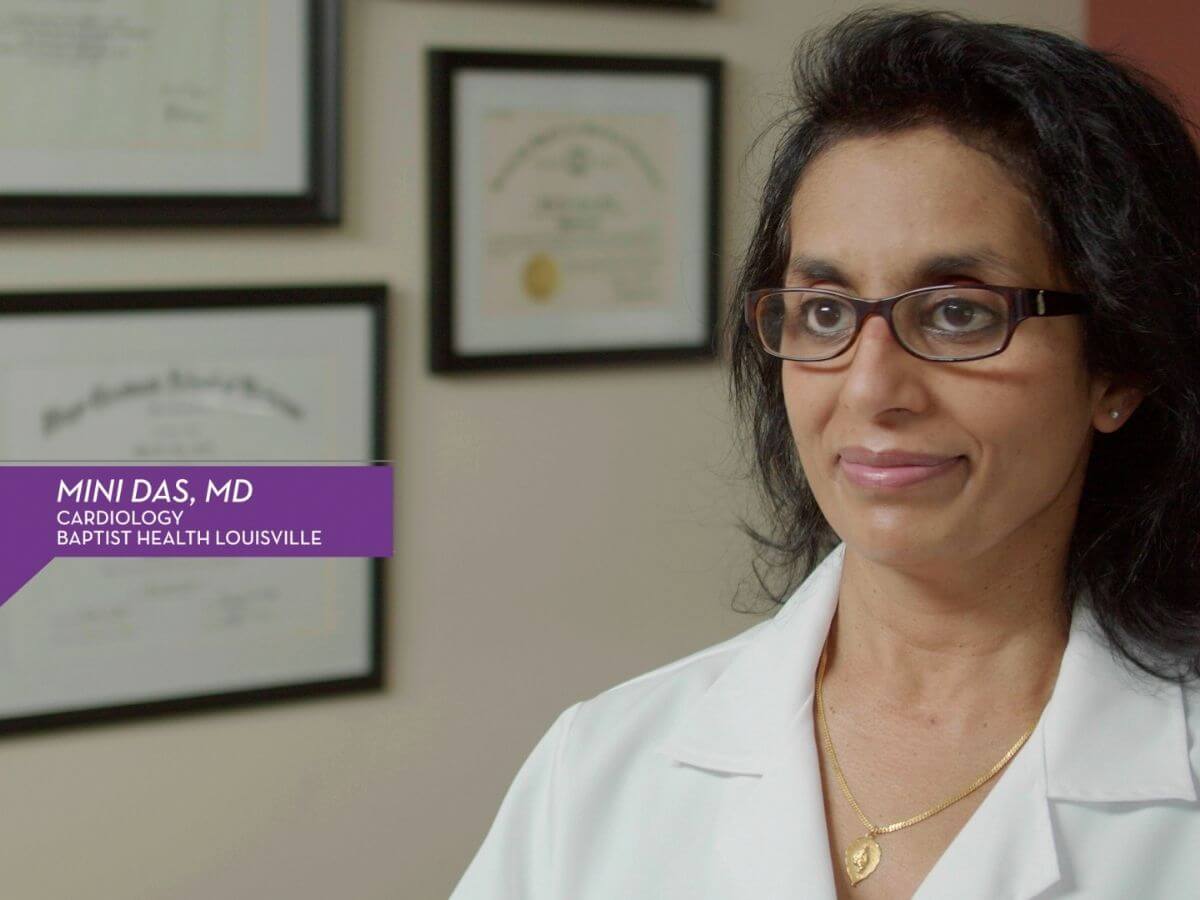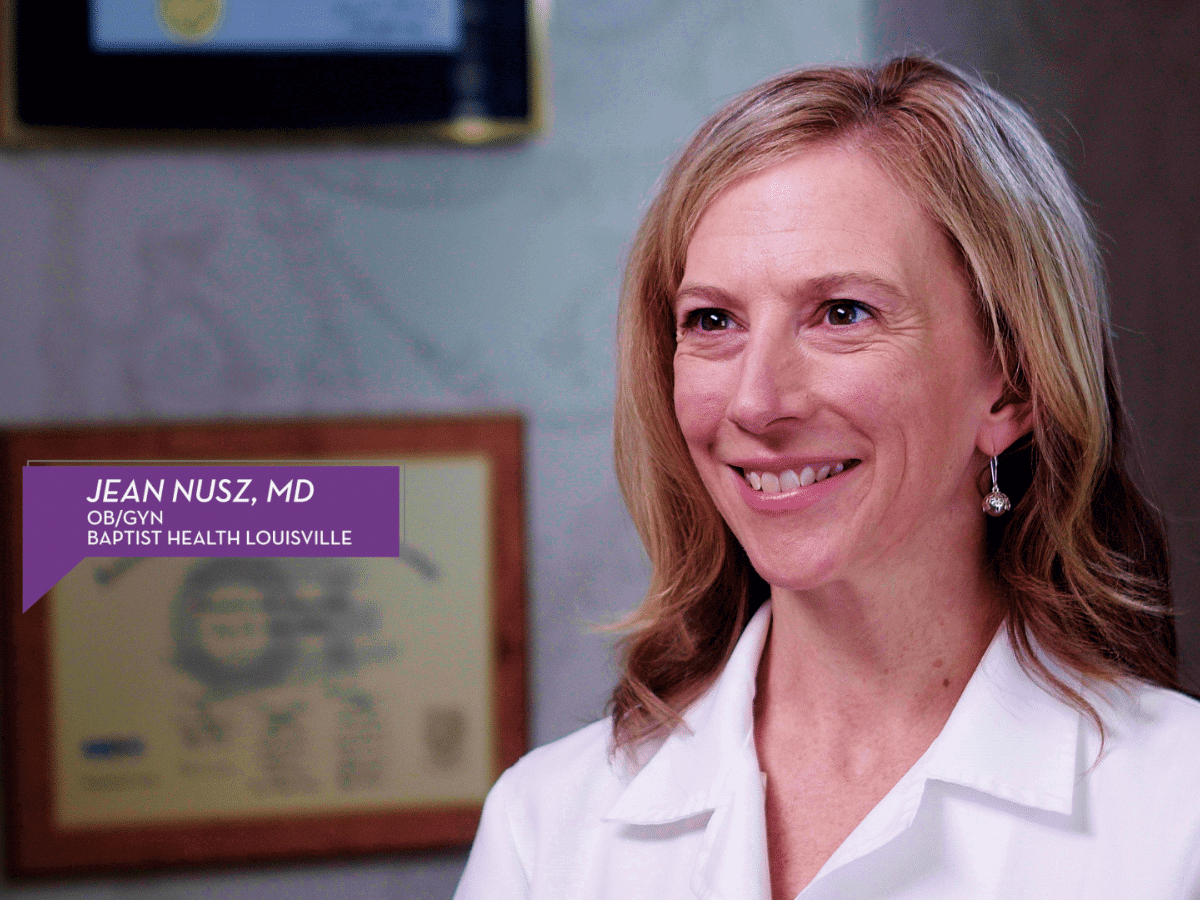Advances in Radiation Oncology
Baptist Health Louisville: Advances in Radiation Oncology
The radiation oncology field has advanced with new robotics treatments, leading to fewer side effects for patients. Learn more about radiation oncology technology.
Radiation Oncology in Louisville, KY, HealthTalks Transcript
John Cox, MD:
Radiation is involved in almost every type of cancer. We specialize in providing pinpoint care to the tumor and potentially the high-risk regions that are in the microscopic environment, since a surgeon’s knife couldn’t go all the way there. There really isn’t, “this is how you treat this cancer.” It’s always so tough because our loved ones and our acquaintances want to say, “well, this is what I had when I had my cancer treated.” The field has really adapted.
We’re very lucky for robotics entering into the field of healthcare, specifically into radiation oncology. If we want to treat a prostate that’s the size of a walnut, we don’t treat a big box. We actually treat the tumor, plus motion. We now [have patients] lie on couches that can move in six degrees to match you to the perfect treatment. The machine can rotate around you and it makes the smallest footprint of treatment that we can give so that we can get the smallest footprint of side effects. From the beginning, we’re thinking about you as a survivor.
What I find so fascinating about radiation is the amount of education that we get to provide to our patients. A consultation with the radiation oncologist should not be something where you’re planning on spending five to 10 minutes. You should be planning on an hour because we’re going to tell you about your disease. We’re going to tell you the options that you have, and you’re going to leave with a better understanding of your cancer and a road map for a cure.
Next Steps and Useful Resources
Find a Provider
Answers to Your Questions about Radiation Therapy
Prostate Cancer Treatment Options: Prostate Surgery vs Radiation
How Does Diet Affect Cancer Treatment or Prevention?



